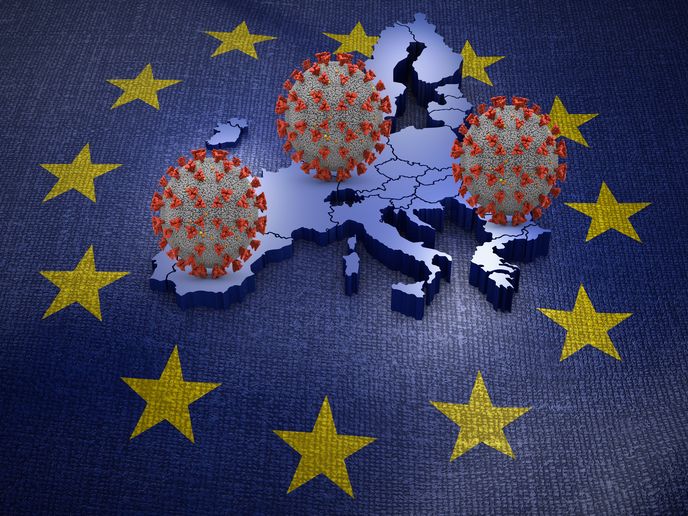Measuring public trust in experts, from COVID to climate change
Policy decisions in democracies are mostly driven by the advice of experts. Trust in these experts is therefore necessary for new policies to bear fruit. But with the rise of populism and anti-elite sentiment, policy expertise is being called into question by parts of society. The PERITIA project was set up to explore the question of trust in experts in the context of climate change. Yet due to a force of circumstance coinciding with the launch of the project in March 2020, the project decided also to focus on the COVID-19 pandemic. “We could not simply ignore this momentous event, and began to investigate questions of trust and expertise in the context of the pandemic, as well as vaccine hesitancy,” explains lead investigator of the PERITIA project, Maria Baghramian, a professor at the School of Philosophy, University College Dublin, Ireland.
From theory to application
Drawing from 11 institutions spread across nine countries, PERITIA brought together a team of philosophers, social and natural scientists, policy experts, ethicists, psychologists, media specialists and civil society organisations. Together, the group addressed the complex issues of trust in, and trustworthiness of, experts’ roles in policy decisions. The first two phases of the project investigated the social, psychological and ethical dimensions of trust in experts. In the final phase, the project attempted to engage directly with the public by hosting public discussions in five countries, on the topics of transport and climate change. “The underlying thought was that structured but open discussions between experts and non-experts would enhance mutual understanding, and hence trust,” notes Baghramian.
Indicators to measure and establish trust
One major finding was that shared social and political values can affect the role of expertise in people’s decision-making. Trust in the expertise of social scientists, for example, is lower among those on the more conservative end of the political spectrum. “The project also found that, at least when it comes to climate change, there are clearly distinguishable psychological or attitudinal mindsets that play important roles in the decision to engage with expert advice and to take action,” adds Baghramian. For example, those with a fatalistic attitude towards climate change pose a challenge to any attempt to initiate positive climate action. The findings emphasise the multidimensionality of trust in experts, a complex picture that is summarised in the PERITIA Trustworthiness Toolkit. The full quantitative findings and their analysis and policy guidelines are also available through the PERITIA Trust Hub.
Building trust in experts
The combined output of the project includes 23 peer reviewed articles, five journal issues, three books, two literature reviews, two podcast series, data from a major European survey, three international conferences and 10 workshops. PERITIA also produced policy documents, briefing reports and working papers for policymakers at the European Commission and beyond. Several PERITIA project members have presented their findings to policymakers and parliamentary working groups. And beyond the public forums and podcasts, the project also ran the Youth on Trust essay competition in conjunction with the Irish Young Philosopher Awards and [Un]Truths lecture series. “We hope this extensive effort to reach out to the general public – roughly 2 million people reached during the lifetime of the project – will have a positive impact on creating a climate of trust in legitimate expertise,” says Baghramian.
Keywords
PERITIA, democracy, trust, policy, experts, public, indicators, establish, COVID-19, climate change, transport







